Home>Garden Essentials>How Long Does Okra Take To Germinate
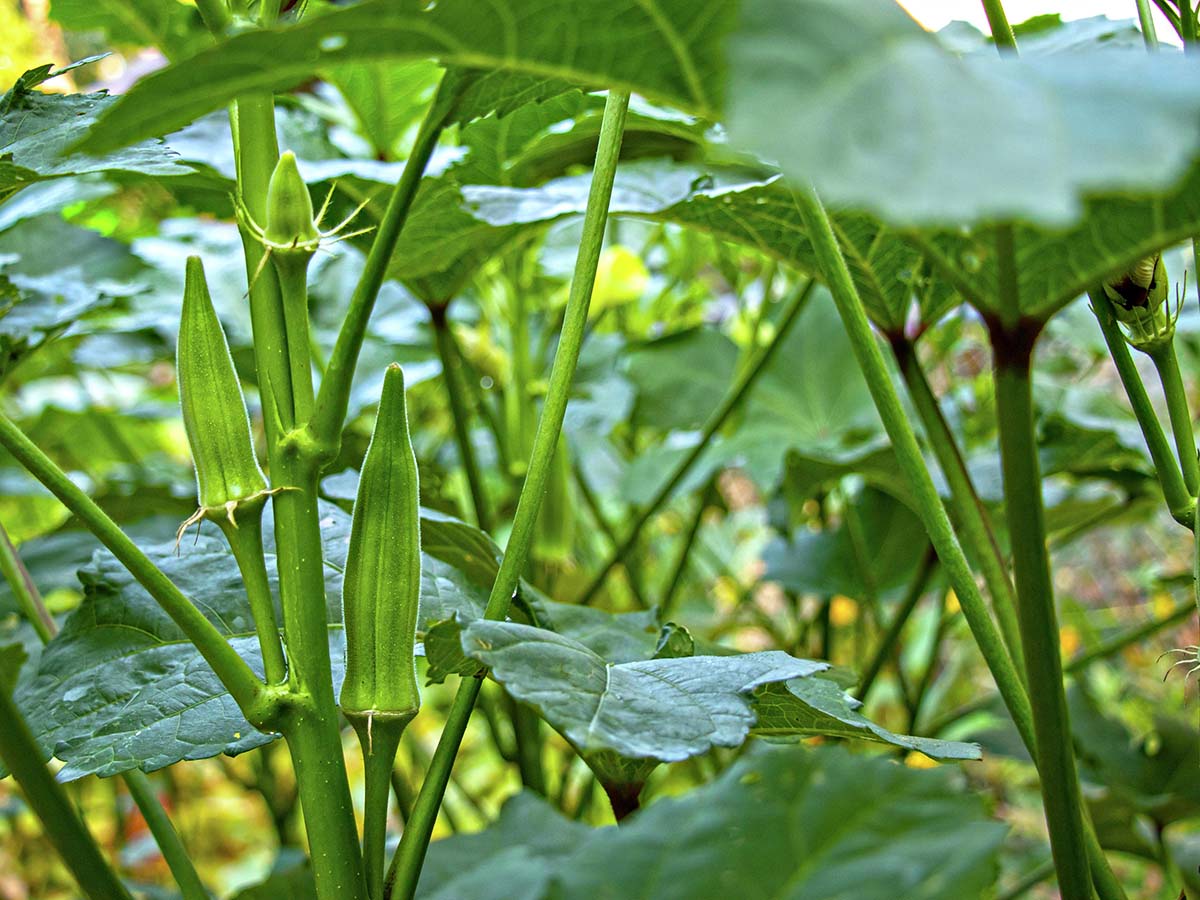

Garden Essentials
How Long Does Okra Take To Germinate
Modified: March 15, 2024
Discover the germination timeline of garden okra! Learn how long it takes for okra seeds to sprout and thrive in your garden. Find expert tips for successful cultivation.
(Many of the links in this article redirect to a specific reviewed product. Your purchase of these products through affiliate links helps to generate commission for Storables.com, at no extra cost. Learn more)
Introduction
Welcome to the world of gardening! Whether you are a seasoned gardener or just starting out, understanding the germination process of different plants is essential for successful cultivation. In this article, we will explore the germination of okra, a popular and nutritious vegetable that is prized for its tender pods and versatility in the kitchen.
Okra, also known as lady’s fingers or gumbo, belongs to the mallow family (Malvaceae). It is native to Africa and is now grown in many regions around the world with warm climates. The plant is revered for its ability to thrive in hot and dry conditions, making it a popular choice for home gardens and commercial farming.
Germination is the process where a seed sprouts and develops into a seedling. During this stage, a dormant seed becomes active and begins absorbing water and nutrients from the soil, leading to the emergence of the first roots and leaves. Understanding the factors that affect the germination of okra seeds is crucial for ensuring a successful harvest.
Throughout this article, we will delve into the various factors that influence the germination of okra, the ideal conditions for its successful germination, the average time it takes for okra to germinate, and some tips and troubleshooting techniques that will help you boost your okra seed germination rates to achieve a bountiful harvest.
Key Takeaways:
- Okra seeds take about 7 to 14 days to germinate, needing warm temperatures, moisture, and proper planting depth. Pre-soaking and providing consistent care can enhance the process.
- Factors like temperature, moisture, and seed quality affect okra germination. Troubleshoot issues like poor germination rate and pest damage for successful seedling growth.
Read more: How To Germinate Okra
Factors Affecting Okra Germination
The germination process of okra seeds can be influenced by several factors. Understanding these factors and their impact on germination can help ensure successful seedling establishment. Let’s explore the key factors that affect okra germination:
- Temperature: Okra seeds require warm soil temperatures for optimal germination. The ideal temperature range for germination is between 75°F and 95°F (24°C and 35°C). At temperatures below 70°F (21°C), germination is significantly slowed down, and at temperatures above 95°F (35°C), it can be negatively affected.
- Moisture: Adequate moisture is crucial for seed germination. Without enough water, the seeds will not activate and start the germination process. However, excessive moisture can lead to the development of fungal diseases that could hinder germination. It is important to find the right balance by keeping the soil consistently moist but not waterlogged.
- Seed Quality: The quality of the okra seeds plays a significant role in germination success. It is important to select high-quality seeds from reliable sources. Seeds that are old or damaged may have a lower germination rate and could result in uneven or delayed germination.
- Seed Depth: Okra seeds should be planted at the appropriate depth for successful germination. Planting seeds too deep can prevent them from receiving adequate light and can inhibit their growth. Shallow planting, on the other hand, may result in the seeds drying out too quickly. A general guideline is to plant okra seeds about half an inch (1.3 cm) deep.
- Soil Type: Okra plants prefer well-draining soil with good fertility. Heavy clay soils can retain too much moisture, which can lead to rotting of the seeds before they have a chance to germinate. Amending the soil with organic matter or using raised beds can help improve soil drainage and create a more favorable environment for germination.
- Light: Okra seeds do not require light to germinate and can germinate in darkness. However, once the seedlings emerge, they need sufficient light for healthy growth. Providing them with at least 6-8 hours of direct sunlight or using artificial grow lights can ensure optimal development.
By understanding and manipulating these factors, you can create the best possible conditions for okra seed germination. In the next section, we will explore the ideal germination conditions for okra to ensure a successful and productive garden.
Ideal Germination Conditions for Okra
Creating the ideal germination conditions for okra seeds will greatly increase the chances of successful germination and healthy seedling growth. Let’s explore the key conditions that can optimize germination for your okra plants:
- Temperature: Okra seeds thrive in warm temperatures. Maintaining a soil temperature between 75°F and 95°F (24°C and 35°C) is ideal for germination. Consider using a soil thermometer to monitor and adjust the temperature if needed.
- Moisture: Adequate moisture is essential for successful germination. Keep the soil consistently moist but not waterlogged. Regularly check the moisture level by inserting your finger into the soil. If it feels dry at a depth of about an inch, it’s time to water gently. Using a fine mist spray or a watering can with a fine rose attachment can help prevent disturbing the seeds.
- Seed Quality: Starting with high-quality seeds is crucial for germination success. Choose fresh okra seeds from reputable sources. Look for seeds with a high germination rate and avoid seeds that are discolored, damaged, or past their expiration date.
- Seed Depth: Plant okra seeds at a depth of about half an inch (1.3 cm) in the soil. This depth provides enough moisture and allows the seedlings to push through the soil easily. Avoid planting the seeds too deep, as it can hinder their ability to emerge and receive necessary light.
- Soil Quality: Okra thrives in well-draining soil with good fertility. Prepare the soil by removing any debris, rocks, or weeds. Amend the soil with organic matter such as compost to improve its fertility and structure. This will provide the young seedlings with the necessary nutrients for robust growth.
- Light: While okra seeds don’t require light to germinate, they need an adequate amount of light once they emerge. Place the seed trays or pots in a bright location with 6-8 hours of direct sunlight each day. If growing indoors, use grow lights to provide sufficient lighting for healthy seedling development.
By ensuring the optimal combination of temperature, moisture, seed quality, depth, soil quality, and light, you will create an environment that maximizes the germination potential of your okra seeds. Now, let’s dive into the average time it takes for okra seeds to germinate.
Average Time for Okra Germination
Okra seeds are known for their relatively quick germination compared to other vegetable seeds. On average, okra seeds take about 7 to 14 days to germinate under ideal conditions. However, it’s important to note that germination time can vary depending on several factors, such as temperature, moisture, seed quality, and planting depth.
The temperature plays a significant role in the speed of okra seed germination. Warmer temperatures, around 85°F (29°C) or higher, can expedite the process and lead to germination within a week. However, cooler temperatures, below 70°F (21°C), can significantly slow down germination and may take up to two weeks or longer.
Moisture is another critical factor that influences germination time. Adequate moisture is crucial for the activation of the seed and the initiation of the germination process. Maintaining a consistently moist environment without overwatering is important to ensure timely and successful germination.
Seed quality can also impact germination time. Using fresh and high-quality okra seeds with a high germination rate will generally result in faster and more uniform germination. Older or lower-quality seeds may have a longer germination time or a lower germination rate.
Planting depth is yet another factor that can affect germination time. Planting okra seeds at the recommended depth of around half an inch (1.3 cm) allows for optimal water absorption and airflow around the seeds, facilitating quicker and more even germination. Planting seeds too deep or too shallow can prolong germination time and may lead to poor seedling emergence.
It’s important to monitor the progress of your okra seeds regularly to ensure proper germination. Once the seeds have germinated, you will start to see tiny roots appearing, followed by the emergence of the cotyledon leaves. As the seedlings grow, true leaves will begin to develop, indicating successful germination and the start of the next stage of growth.
Remember that these are average germination times, and individual results may vary. Factors such as specific variety, soil conditions, and environmental conditions can all influence the germination process. By providing the ideal germination conditions and patiently tending to your okra seeds, you can promote successful germination and set the stage for a thriving okra garden.
Now, let’s move on to some tips for promoting okra germination and ensuring a successful start for your okra plants.
Okra seeds typically take 7-14 days to germinate. Keep the soil consistently moist and provide warm temperatures for best results.
Tips for Promoting Okra Germination
To increase the likelihood of successful germination and ensure healthy growth of your okra plants, consider implementing these helpful tips:
- Pre-soak the seeds: Okra seeds have a hard outer shell, which can make water absorption challenging. Pre-soaking the seeds for 12-24 hours before planting can help soften the shell and improve germination rates. Place the seeds in a bowl of room temperature water and allow them to soak before planting.
- Scarify the seeds: Another method to aid water absorption is scarification, which involves scratching or gently nicking the seed coat. This process breaks the seed coat and allows water to penetrate more easily during germination. Use a small file or sandpaper to carefully scarify the seeds before planting.
- Use a seedling heat mat: Okra seeds prefer warm soil temperatures for optimal germination. Consider using a seedling heat mat placed under the seed trays or pots to provide consistent warmth. This will encourage faster germination and can help overcome cool soil conditions.
- Provide consistent moisture: Ensure that the soil remains consistently moist throughout the germination process. Regularly check the moisture levels and water gently if needed. Be careful not to overwater, as excessive moisture can lead to seed rot or fungal diseases.
- Thin out seedlings: If you have planted multiple seeds in a single container or seed tray, thin out the weaker seedlings once they have emerged. This allows the remaining seedlings to have enough space, nutrients, and light for healthy growth.
- Protect from pests: Keep an eye out for common garden pests, such as slugs, snails, and insects, that can damage or eat the emerging seedlings. Consider using organic pest control methods or barriers to prevent pest damage during the vulnerable germination stage.
- Maintain adequate lighting: Once the seeds have germinated and the seedlings have emerged, ensure they receive sufficient light for healthy growth. Place them in a bright location with 6-8 hours of direct sunlight each day, or provide artificial grow lights if growing indoors.
- Transplant carefully: If you plan to transplant your okra seedlings, do so when they have developed a few sets of true leaves. Be gentle to avoid damaging the delicate root system. Transplant the seedlings into larger pots or directly into the garden, ensuring they are planted at the appropriate depth.
By following these tips, you can create a favorable environment for okra seed germination and promote healthy growth in the early stages of your okra plants. Remember to monitor the progress of your seedlings, provide ongoing care, and adjust the conditions as needed. With proper attention and care, your okra plants will flourish and reward you with a bountiful harvest.
However, like any gardening endeavor, challenges and issues may arise during the germination process. Let’s explore some common problems and troubleshooting techniques in the next section.
Common Problems and Troubleshooting
While okra seeds are generally easy to germinate, there are a few common problems that you may encounter during the germination process. Understanding these issues and implementing the appropriate troubleshooting techniques can help you overcome them and ensure successful seedling establishment:
- Poor germination rate: If you notice that only a few seeds have germinated or the germination rate is lower than expected, it could be due to various factors. Check the quality of the seeds you used, ensuring they are fresh and from a reputable source. Also, review the germination conditions, including temperature and moisture levels, to ensure they are optimal. If necessary, consider re-sowing fresh seeds and adjusting the germination conditions accordingly.
- Seed rot or damping-off: Excessive moisture or poor drainage can lead to seed rot or damping-off, a fungal disease that causes seedlings to weaken and collapse at the base. To prevent this, ensure proper soil drainage and avoid overwatering. It is also helpful to provide good air circulation and space between seedlings to reduce humidity levels.
- Slow or uneven germination: Inconsistent germination, with some seeds sprouting quickly while others lag behind, can occur due to temperature fluctuations or inconsistent moisture levels. Ensure that the temperature is kept within the optimal range and maintain a consistently moist soil environment. Consider using a heat mat or misting the soil surface to promote even germination.
- Pest damage: Okra seedlings may be susceptible to pests such as slugs, snails, and insects. These pests can feed on the emerging seedlings, causing damage or even death. Implement organic pest control methods, such as handpicking or using natural repellents, to protect your seedlings from these pests. Creating physical barriers, such as copper tape around pots or garden beds, can also be effective.
- Leggy or weak seedlings: Seedlings that are tall and spindly, with weak stems, are often a result of insufficient light. Ensure that your seedlings receive adequate sunlight or provide artificial grow lights to supplement the light they need for healthy growth. Positioning grow lights close to the seedlings, about 4-6 inches (10-15 cm) above the plants, can help prevent leggy growth.
- Seedling transplant shock: When transplanting okra seedlings, they may experience some shock as they adjust to their new environment. To mitigate transplant shock, handle the seedlings gently, avoiding damage to the roots. Transplant them during cooler parts of the day or provide temporary shade to reduce stress on the seedlings. Keep the soil consistently moist to promote root establishment.
By being proactive and identifying these common issues, you can intervene and implement the necessary troubleshooting techniques to support healthy okra seedling growth. Regular monitoring, proper care, and prompt action will increase the likelihood of successful germination and ensure robust plants for a productive harvest.
Now that we have explored the common problems and troubleshooting techniques, let’s wrap up our discussion on okra germination.
Conclusion
Understanding the germination process of okra and the factors that affect it is vital for successful gardening. By creating the ideal germination conditions, including the right temperature, moisture, seed depth, soil quality, and lighting, you can promote optimal germination rates and ensure the healthy growth of your okra plants.
While the average time for okra germination is around 7 to 14 days, it can vary depending on various factors such as temperature, moisture, seed quality, and planting depth. By providing the proper conditions and following tips such as pre-soaking the seeds, maintaining consistent moisture, and ensuring adequate lighting, you can enhance the germination process and increase the chances of success.
During the germination process, it’s important to monitor for common problems like poor germination rate, seed rot, slow or uneven germination, pest damage, leggy seedlings, and transplant shock. By being proactive and implementing troubleshooting techniques, such as adjusting germination conditions, providing organic pest control, and minimizing transplant shock, you can address these issues and support the healthy growth of your okra seedlings.
Remember, gardening is a journey of exploration and learning. Each plant and each growing season may bring new challenges and experiences. By observing, adapting, and fine-tuning your gardening techniques, you will gain valuable insights to optimize the germination process and achieve a successful okra harvest.
So, roll up your sleeves, get your hands dirty, and enjoy the rewarding process of okra germination. With patience, care, and a little bit of gardening know-how, you’ll be on your way to growing delicious okra pods to savor and share with your loved ones.
Frequently Asked Questions about How Long Does Okra Take To Germinate
Was this page helpful?
At Storables.com, we guarantee accurate and reliable information. Our content, validated by Expert Board Contributors, is crafted following stringent Editorial Policies. We're committed to providing you with well-researched, expert-backed insights for all your informational needs.
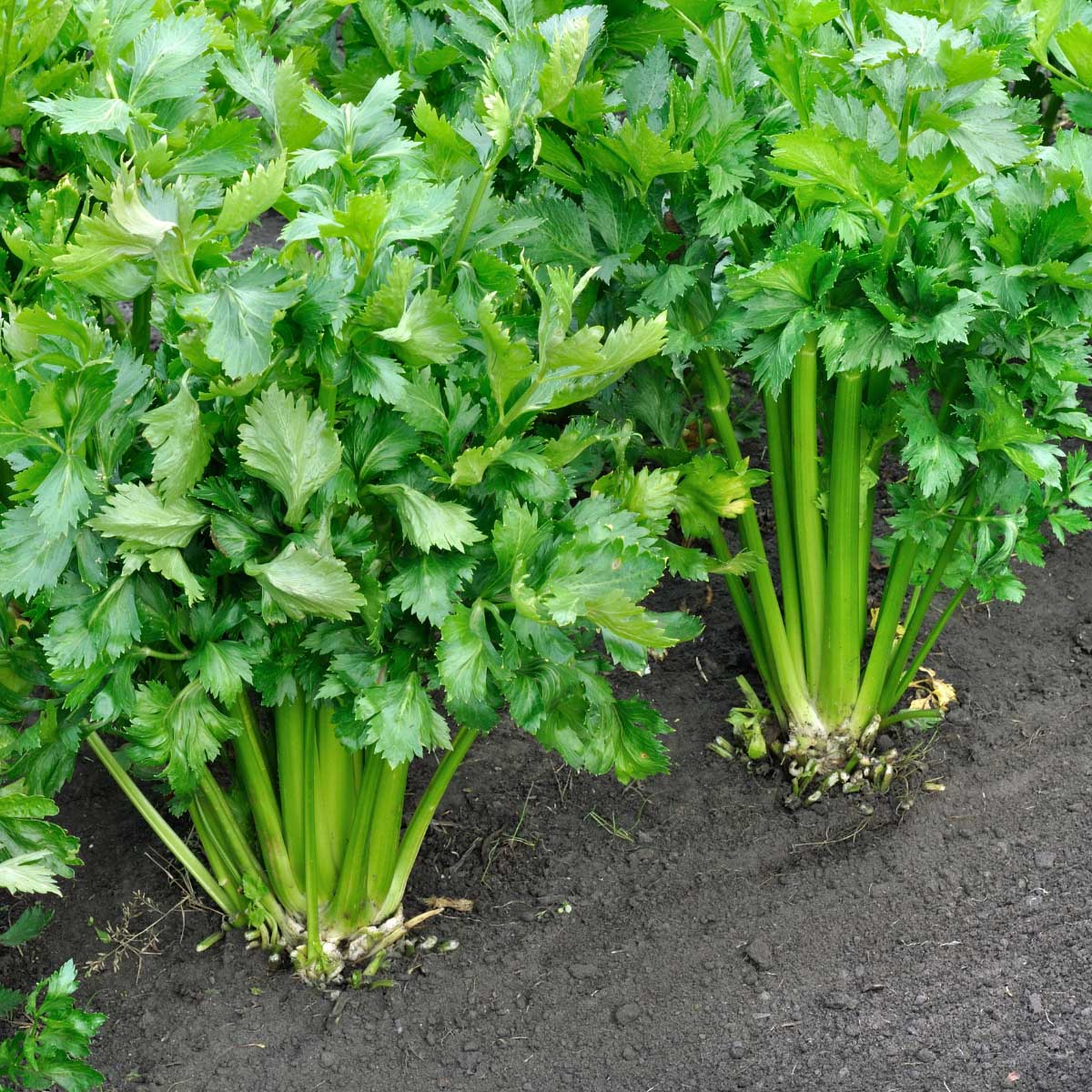
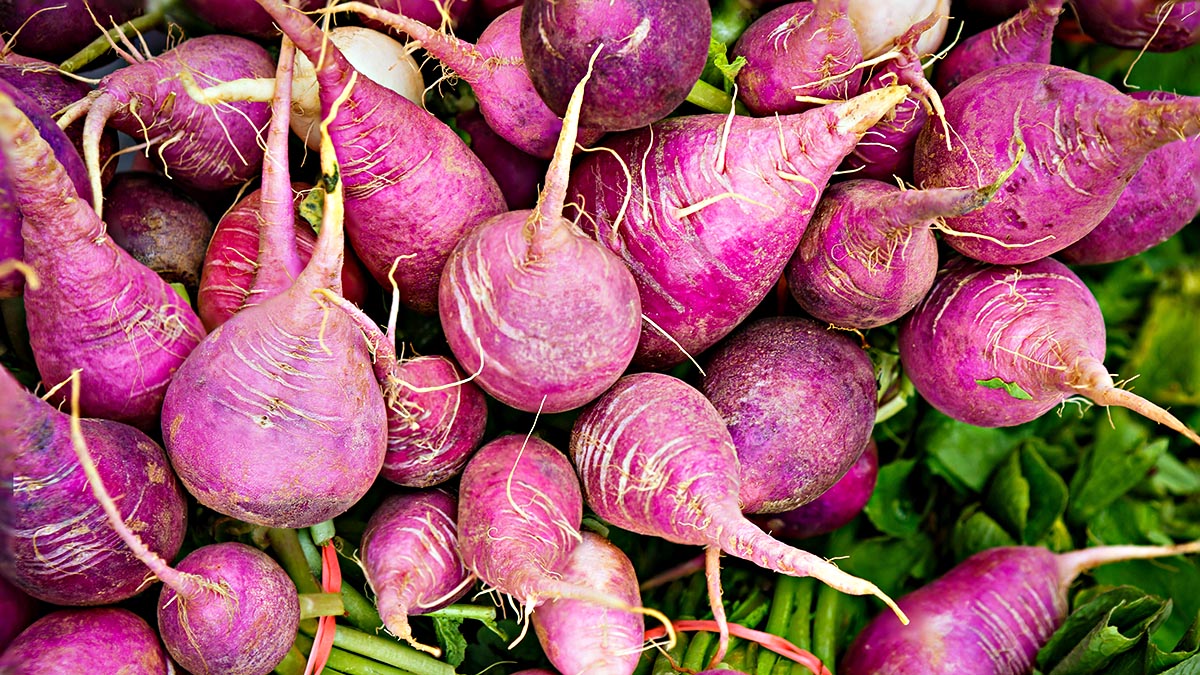
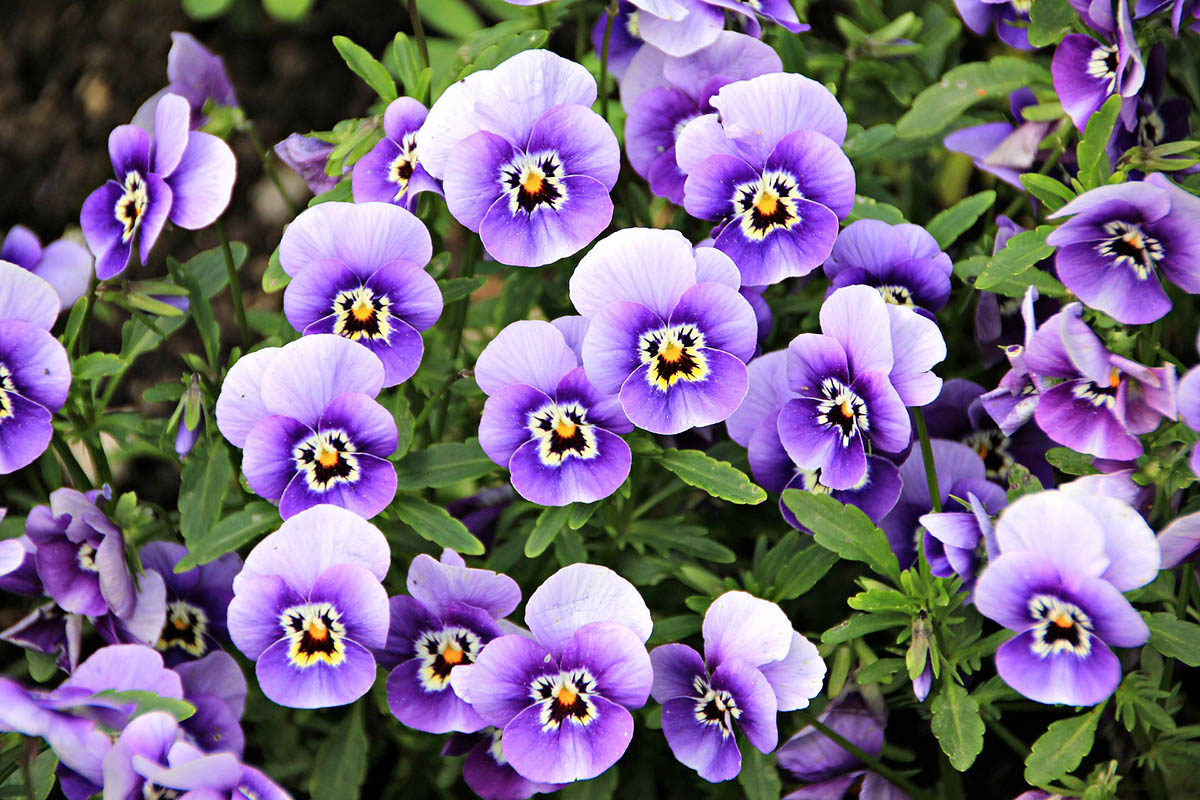
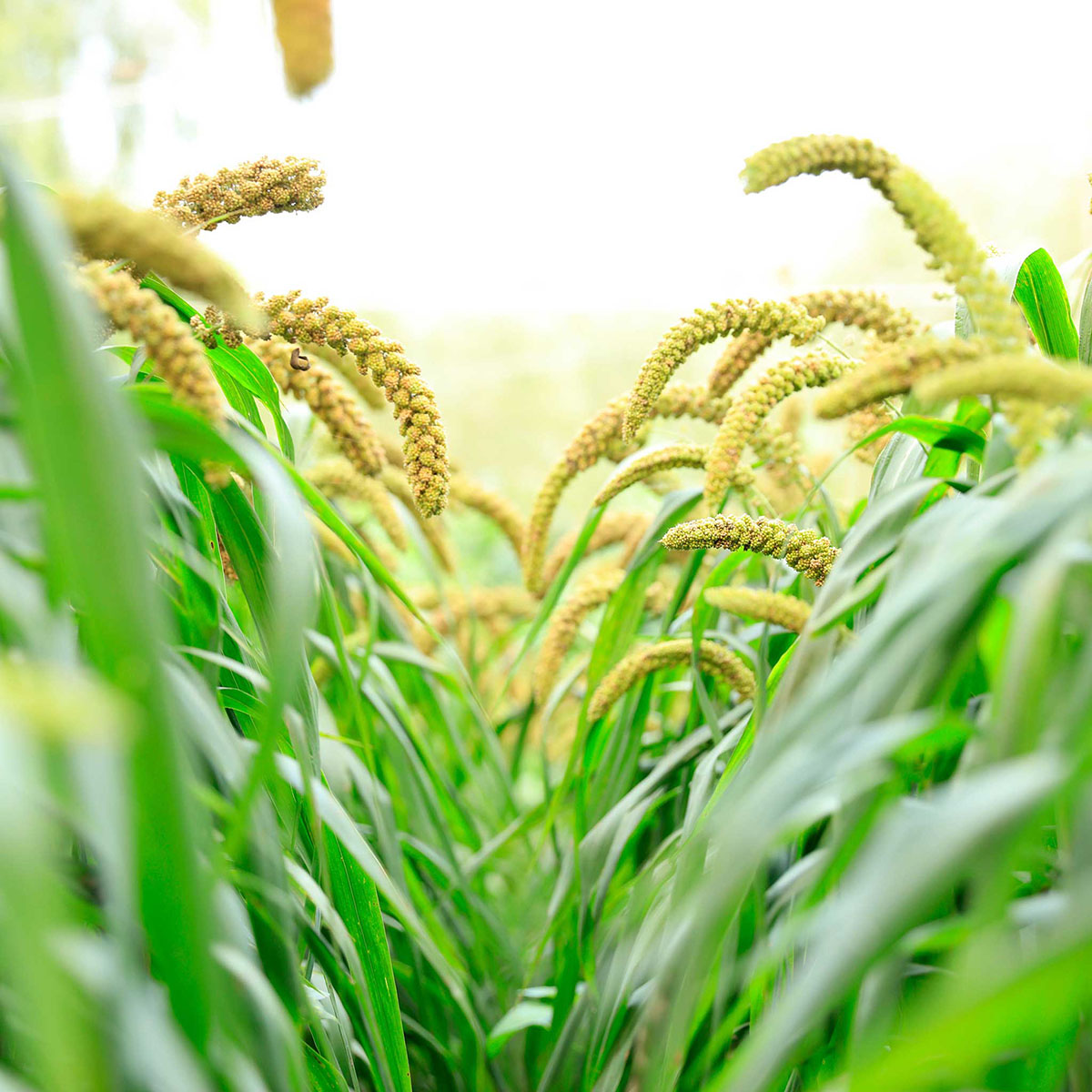
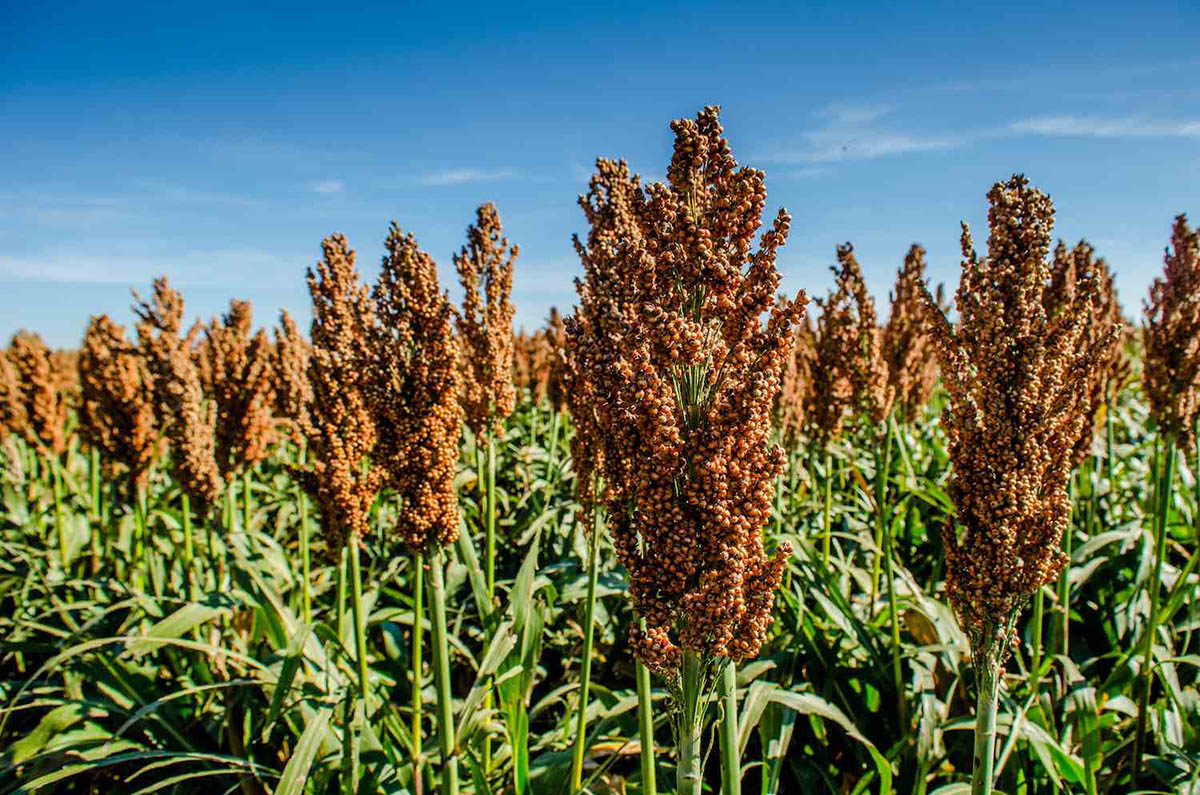
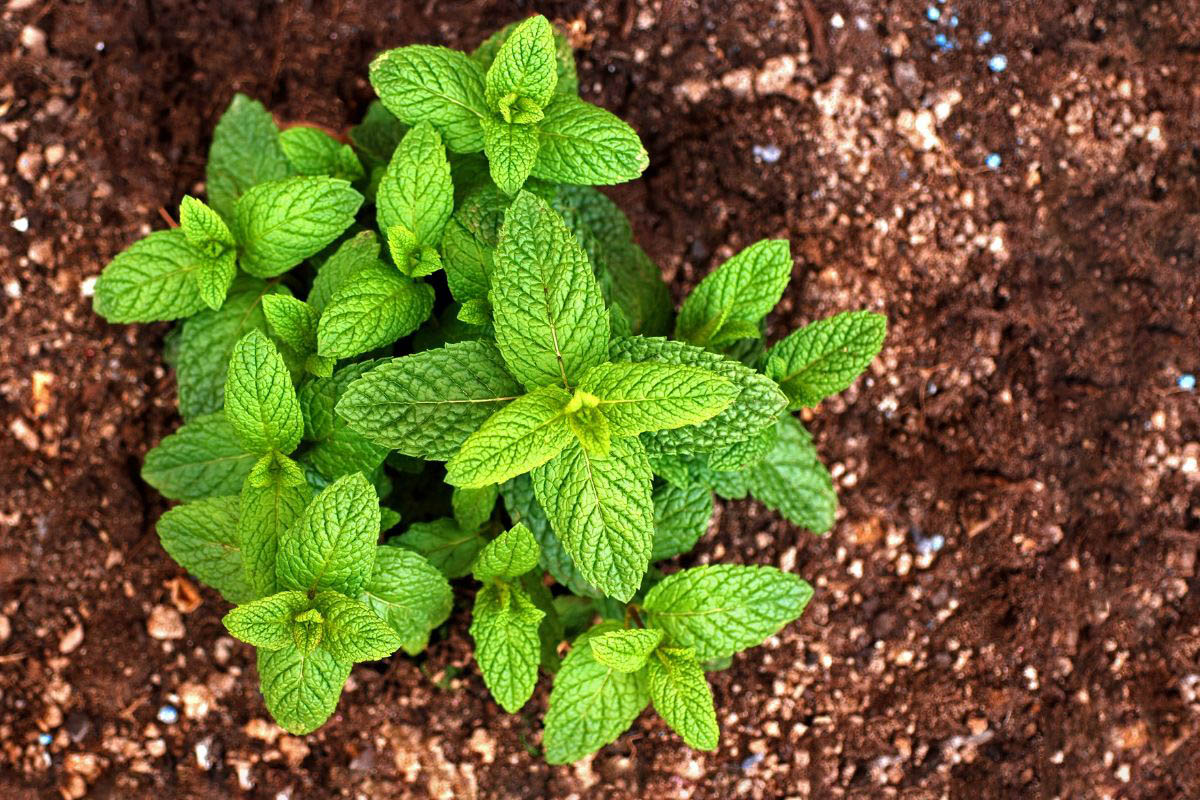

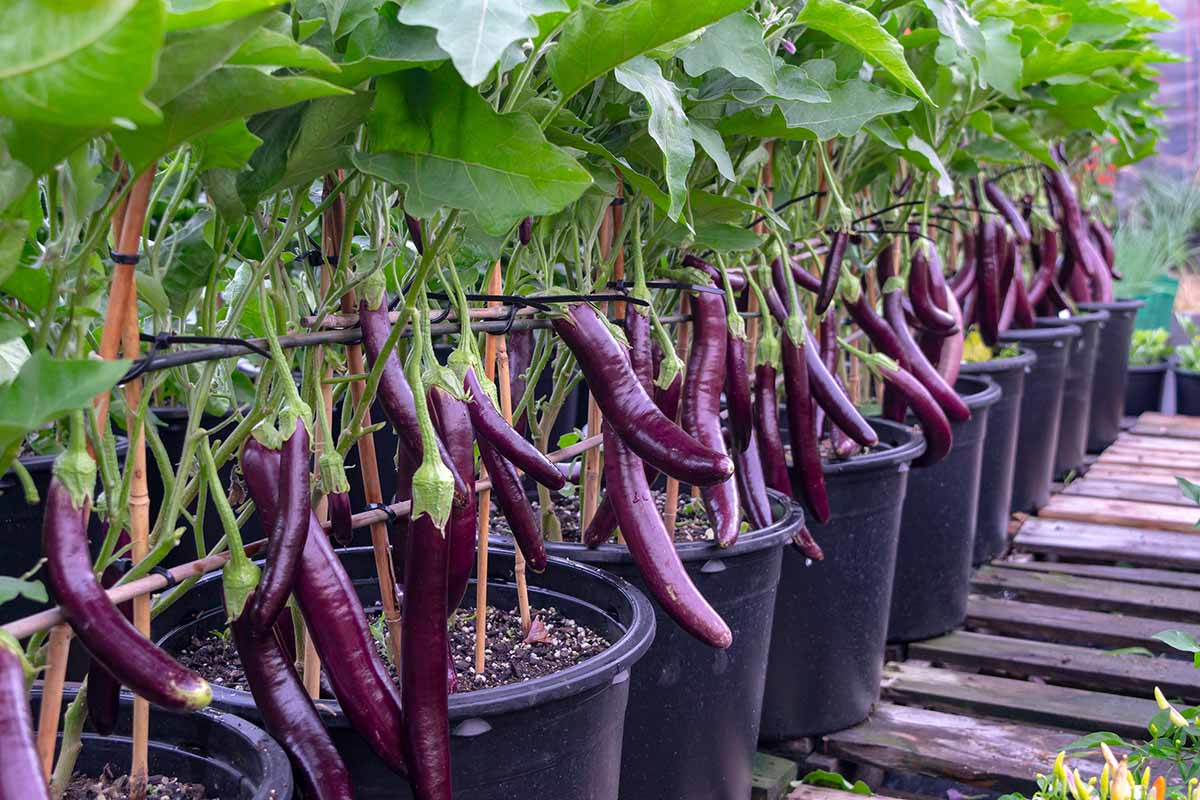
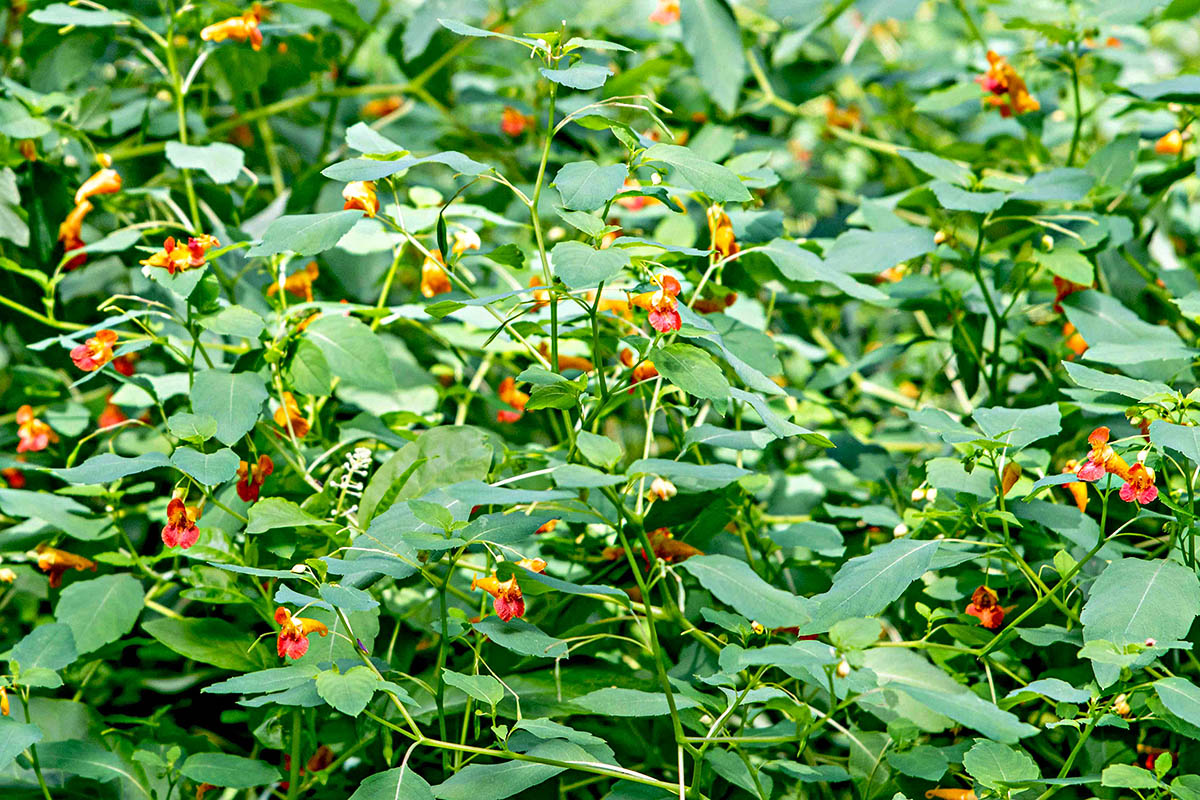
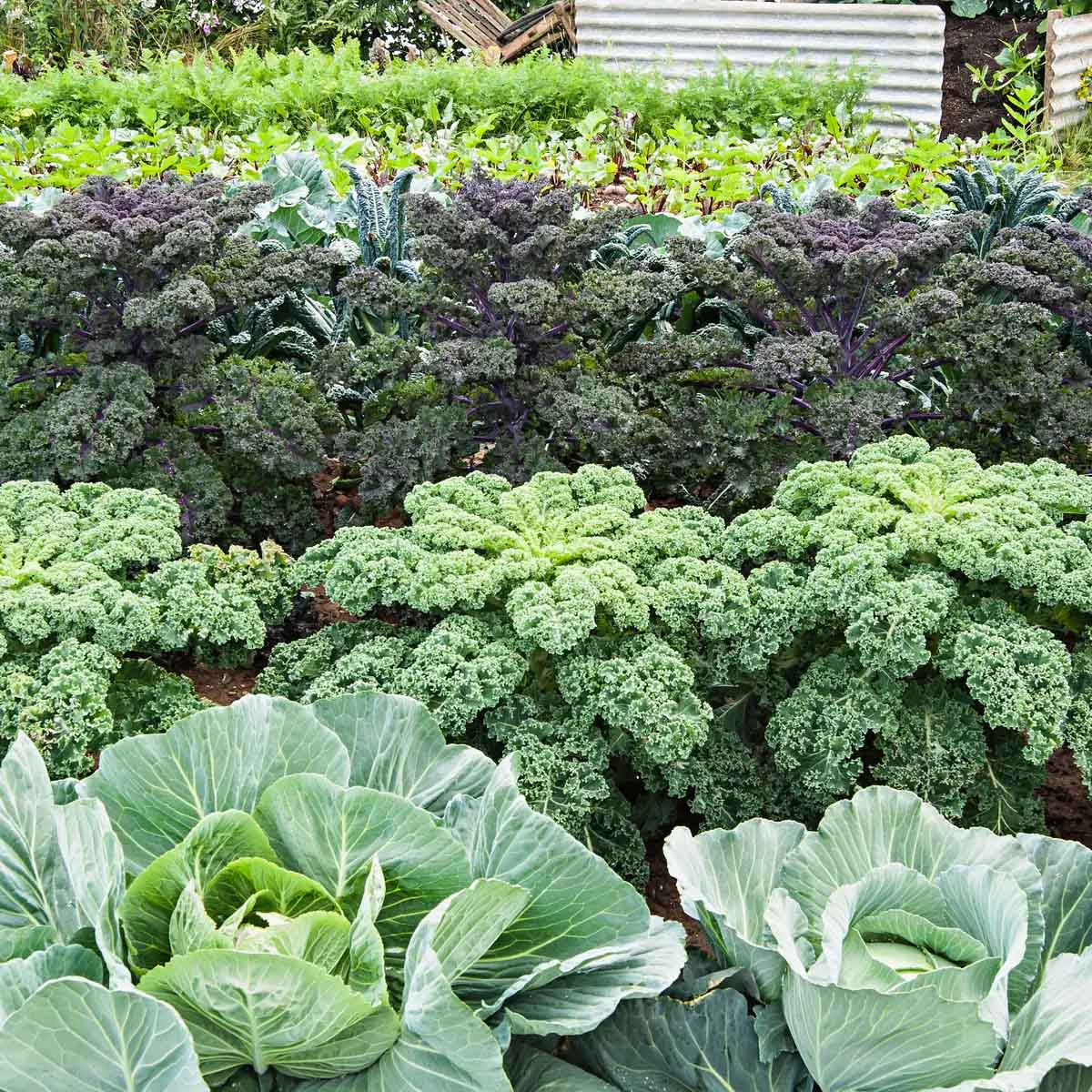
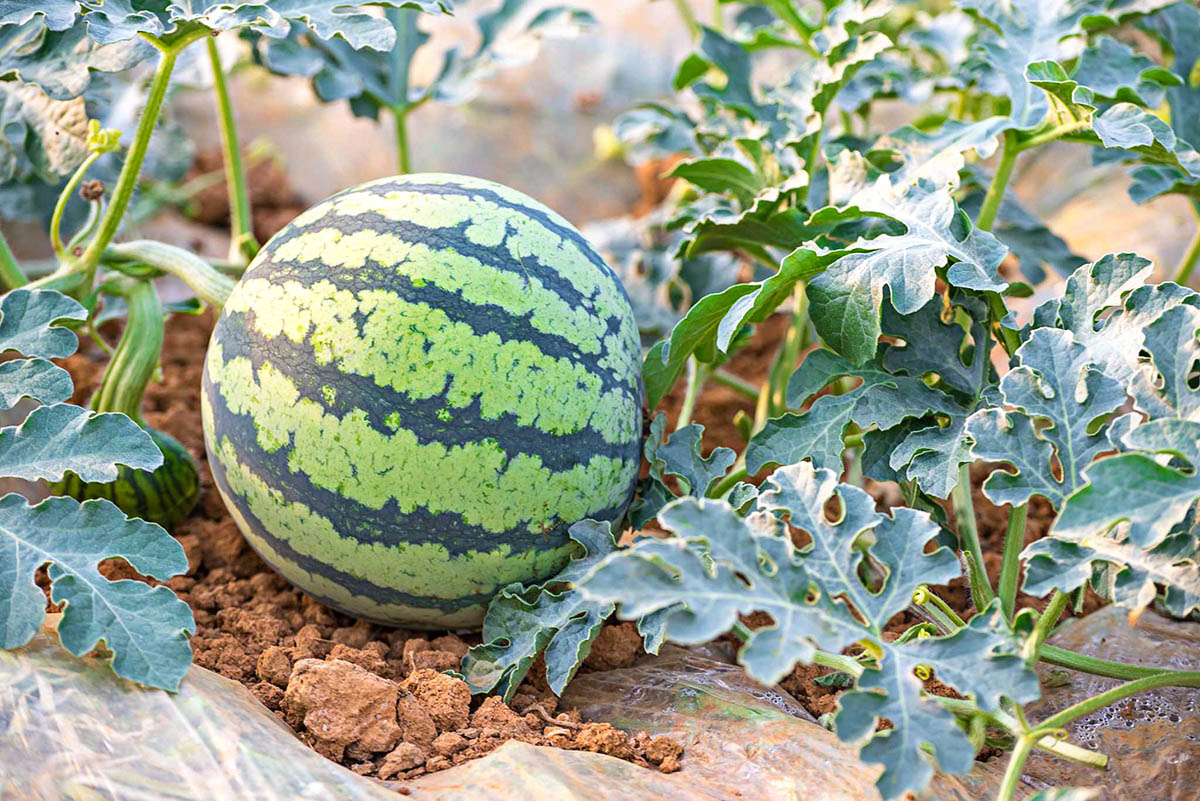
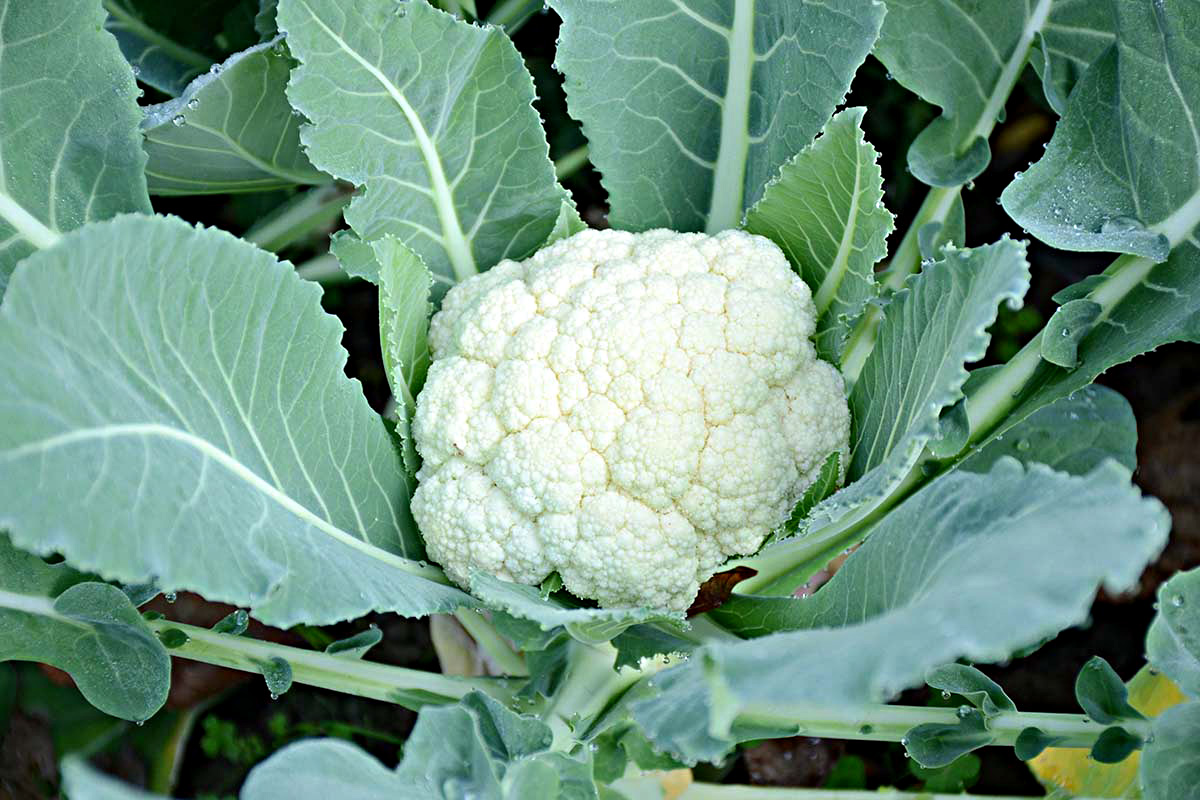
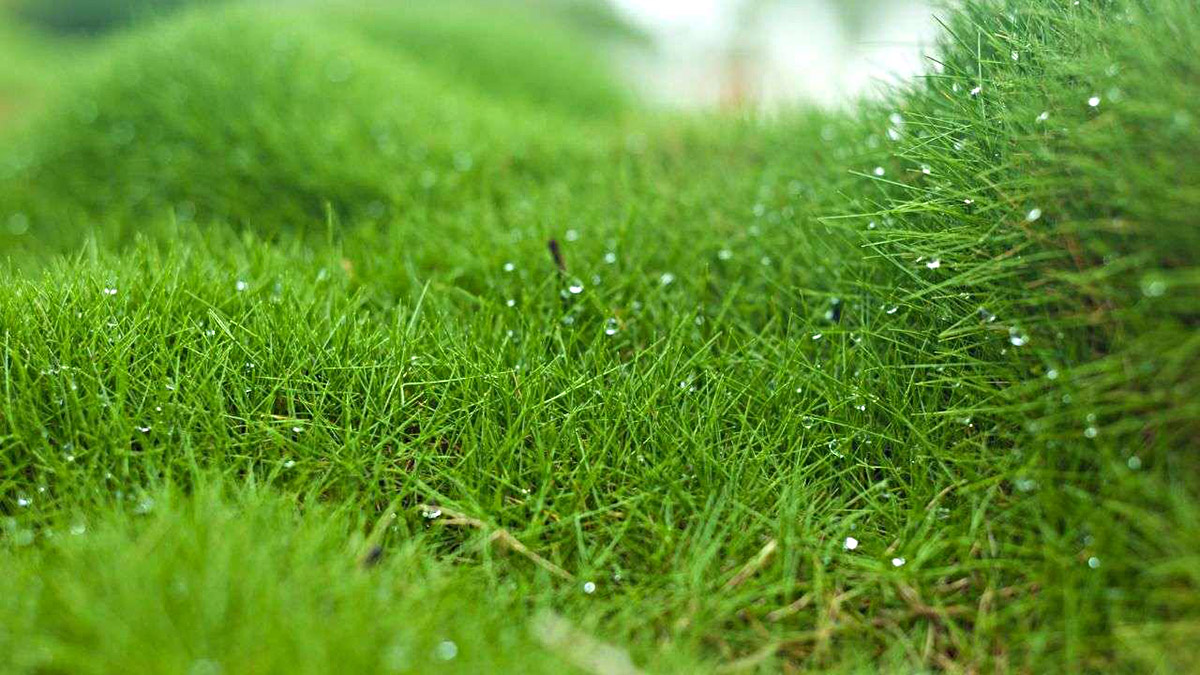
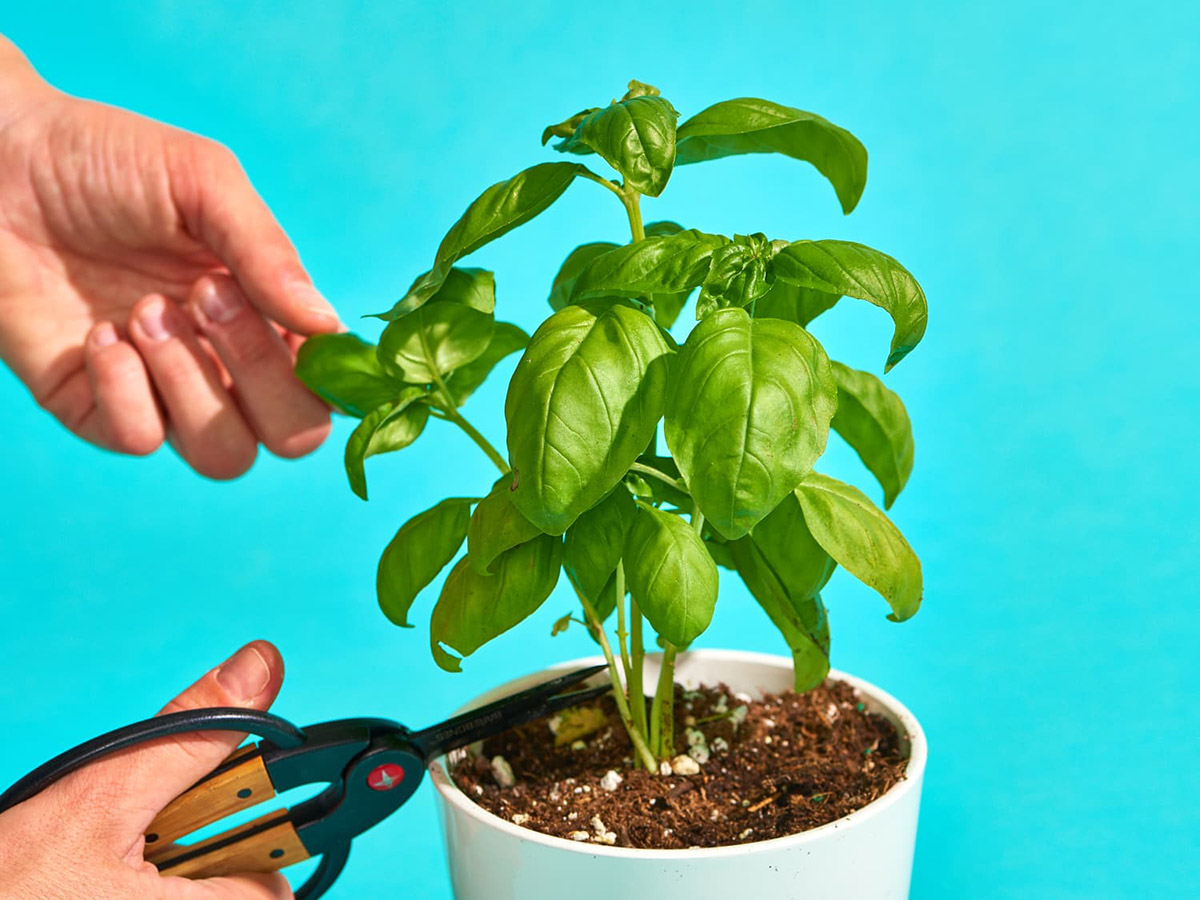

0 thoughts on “How Long Does Okra Take To Germinate”